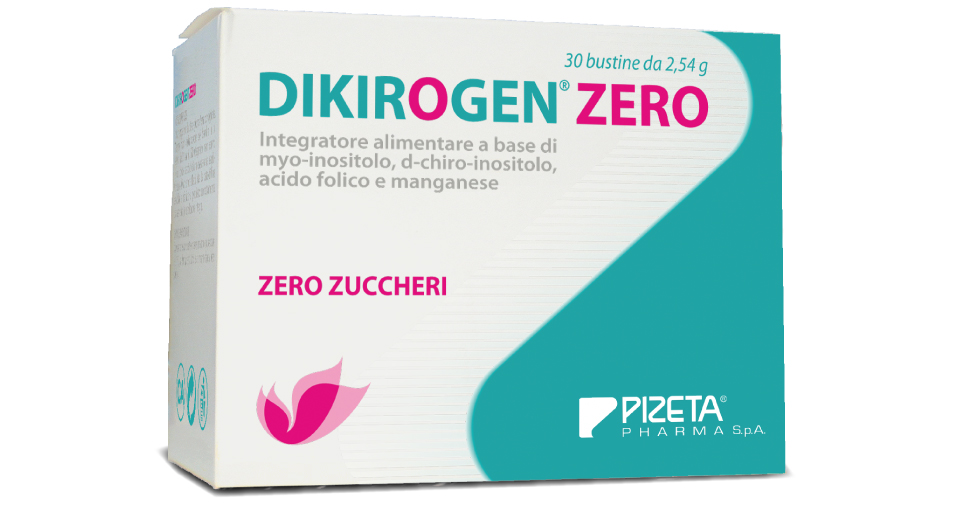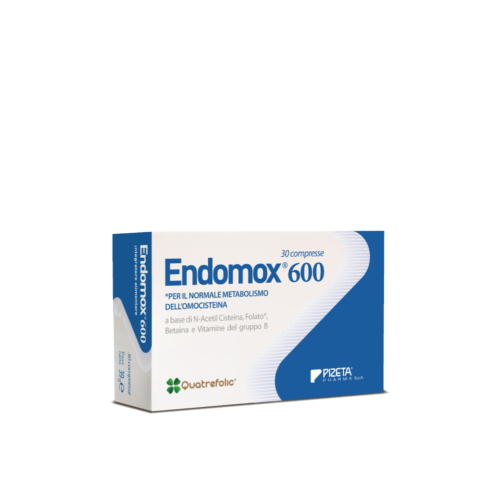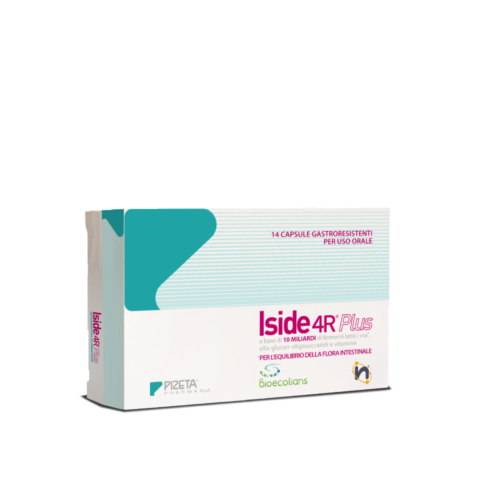FOOD SUPPLEMENT | MINISTERIAL CODE: 117924
PRODUCT DESCRIPTION
Inositol is a cyclic polyalcohol considered to belong to the B group vitamin complex. In nature, there are different forms (stereoisomers) of inositol, the most important of which are identified with the name of myo-inositol (MI) and D-chiro-inositol (DCI). Both isomers act as second messengers of insulin, but regulate different insulin-dependent processes and contribute, in different ways, to the correct metabolism of glucose.
Folic acid, thanks to its activity contributes to the normal metabolism of amino acids and intervenes in the cell division process.
Manganese is important for obtaining the active form of DCI.
INGREDIENTS
Food supplement based on myo-inositol, D-chiro-inositol, folic acid and manganese.
PRODUCT SPECIFICATIONS





HOW TO USE
It is recommended to take 1 sachet per day, preferably away from meals and caffeine intake.
NUTRITION FACTS
| Components | For daily intake (1 sachet) | %NRV*/dose |
| Myo-inositol | 2000 mg | |
| D-chiro-inositol | 400 mg | |
| Folic acid | 400 µg | 200% |
| Manganese | 10 mg | 500% |
*NRV=Nutrient Reference Values under Regulation (EU) No. 1169/2011
WARNINGS
Dietary food supplements should not be used as a substitute for a varied and balanced diet and healthy lifestyle. Keep out of reach of children under the age of three years. Do not exceed the recommended daily dose.
Polycystic ovary syndrome (PCOS)
Polycystic ovary syndrome (PCOS) affects from 5% to 10% of women of childbearing age. This condition, defined by the combination of ovarian dysfunction and hyperandrogenism (excessive production of androgens), involves a series of alterations both in terms of the reproductive system (lack of ovulation, menstrual irregularities, morphology of the polycystic ovary) and in the metabolic area. In fact, in addition to compromising fertility, this condition increases the risk of overweight and obesity and involves significant alterations related to fats and sugars metabolism.
STUDIES
Dikirogen Zero has been used in several studies and has been shown to be effective:
- In PCOS: in a study1 conducted on 104 women diagnosed with PCOS, a 6-month treatment with myo-inositol, d-chiro inositol, folic acid led to a complete improvement in the clinical picture of these women. Indeed, it is obtained an improvement of menstrual cycle (reduction in the menstrual cycle from 53 to 33 days and a reduction in the number of women with irregular menstrual cycle from 63.5% to 23.1%). Moreover, the study highlighted an improvement of anthropometric parameters (significant reduction in both BMI and waist circumference), an improvement of hyperandrogenism (statistically significant reduction in testosterone and increase in SHBG) and its typical manifestations (acne and seborrhea). Finally, an improvement in carbohydrate metabolism was found.
Full study results available at:https://gynecology.orscience.ru/2079-5831/article/view/58742
- In metabolic control: in a randomized study2 carried out on 48 pregnant women between 13 and 24th week of pregnancy, the women treated with Dikirogen found an improvement in the values of total cholesterol, LDL, triglycerides, glucose and systolic pressure.
Full study results available at:https://www.europeanreview.org/article/6605
- In fertility and in the success of PMA techniques: in a randomized study3 conducted on 149 patients undergoing ICSI cycles with a lower age to 40 years, 50% of treated women with inositols and folic acid obtained better oocyte quality and in 67,6% of the treated women there was a higher number of Grade A embryos transferred (High quality embryo with maximum nesting capacity). This resulted in a significant increase in the number of clinical pregnancies (62% of women treated with Dikirogen achieved pregnancy).
Full study results available at:https://www.europeanreview.org/article/5999
REFERENCES:
- Oboskalova T.A., et al., Results of treatment with myo-Inositol and D-chiro inositol combination in ratio 5:1 in women with polycystic ovary syndrome // Gynecology. – 2020. – Vol. 22. – N. 6. – P. 84-89.
- Malvasi A, et al., Myo-inositol, D-chiro-inositol, folic acid and manganese in second trimester of pregnancy: a preliminary investigation. Eur Rev Med Pharmacol Sci. 2014;18(2):270-4.
- Brusco GF, Mariani M. Inositol: effects on oocyte quality in patients undergoing ICSI. An open study. Eur Rev Med Pharmacol Sci. 2013 Nov;17(22):3095-102.
Inositol has been renamed the “fertility molecule”. Gynecologists are increasingly recommending inositol-based supplements for women with polycystic ovarian syndrome and for women who want to become pregnant. This is because recent studies have shown how regular use of these supplements has a high level of effectiveness and above all the absence of side effects.
Inositol has a positive effect on ovarian function and is useful for correcting endocrine-metabolic disorders related to polycystic ovary syndrome, such as hyperandrogenism, hyperglycaemia, and increased insulin resistance. Inositol is a molecule that is found in different forms, but only two of these have shown from clinical studies to be insulin mediators and therefore useful for treating ovarian polycystosis: Myo-inositol (MI) and D-chiroinositol (DCI).
An appropriate diet has priority!
A correct diet, in gestational diabetes, certainly has priority.
It is essential to comply with some nutritional rules to check blood sugar levels (always follow the advice of your gynecologist or contact a nutritionist), and constantly make a correct physical activity. Our suggestions are:
- make at least 5 meals a day (3 main courses, interspersed with 2 snacks).
- cut off any source of simple sugars (eg white and cane sugar, honey, fructose and drinks that may contain them).
- take many foods containing fiber (fruits, vegetables, whole wheat).









